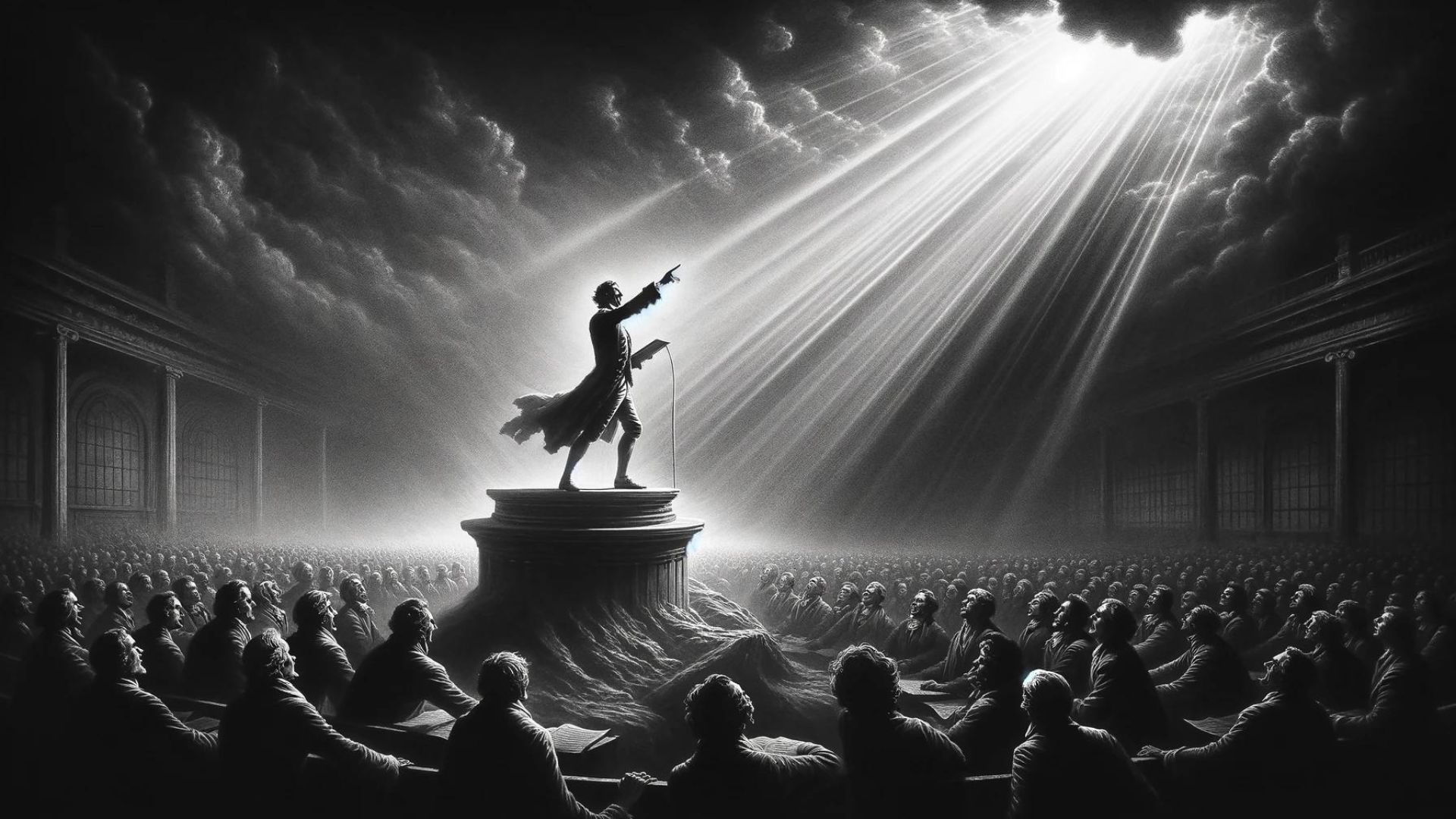The Power of the Harangue: When Words Become Weapons
A harangue is a forceful, lengthy, and often angry speech or verbal attack. It’s a loaded word, stemming from the Old Italian “aringare” (to address a public assembly). Whether delivered passionately or scathingly, a harangue seeks to stir an emotional response.
When is a Harangue Inappropriate?
While a harangue can pack a punch, there are times when it’s more destructive than productive:
- Everyday Disputes: Launching a verbal harangue over minor disagreements (like who’s taking out the trash) escalates rather than resolves conflict.
- Professional Settings: Haranguing colleagues or employees creates toxicity and undermines teamwork. Respectful communication is usually far more effective.
- Sensitive Issues: Delivering a harangue on delicate matters can shut down open dialogue and alienate others rather than change their minds.
When Can a Harangue Be Justified?
Historically, harangues have played a role in instigating change, good and bad, but should always be considered with caution:
- Rallying Support: Passionate figures throughout history have used harangues to rally people against injustices or to motivate them towards a cause. Think of famous wartime speeches.
- Voice of the Frustrated: When diplomatic channels fail, a harangue might express the deep anger and frustration of the unheard. However, it’s vital to couple this with constructive action.
Examples of Harangues
- “The dictator’s nightly harangues broadcast on state media were designed to incite fear and obedience.”
- “After enduring weeks of unfair treatment, the employee unleashed an impassioned harangue at their manager.”
- “The political candidate’s rally devolved into a harangue against their opponent, filled with personal attacks.”
Key Takeaways
A harangue is a powerful tool of language. It can be used to manipulate, intimidate, or to rouse people to action. The key is to understand the context. Harangues can be damaging in personal relationships and often derail productive problem-solving. However, in specific historical contexts, they’ve been a catalyst for significant changes.












0 Comments